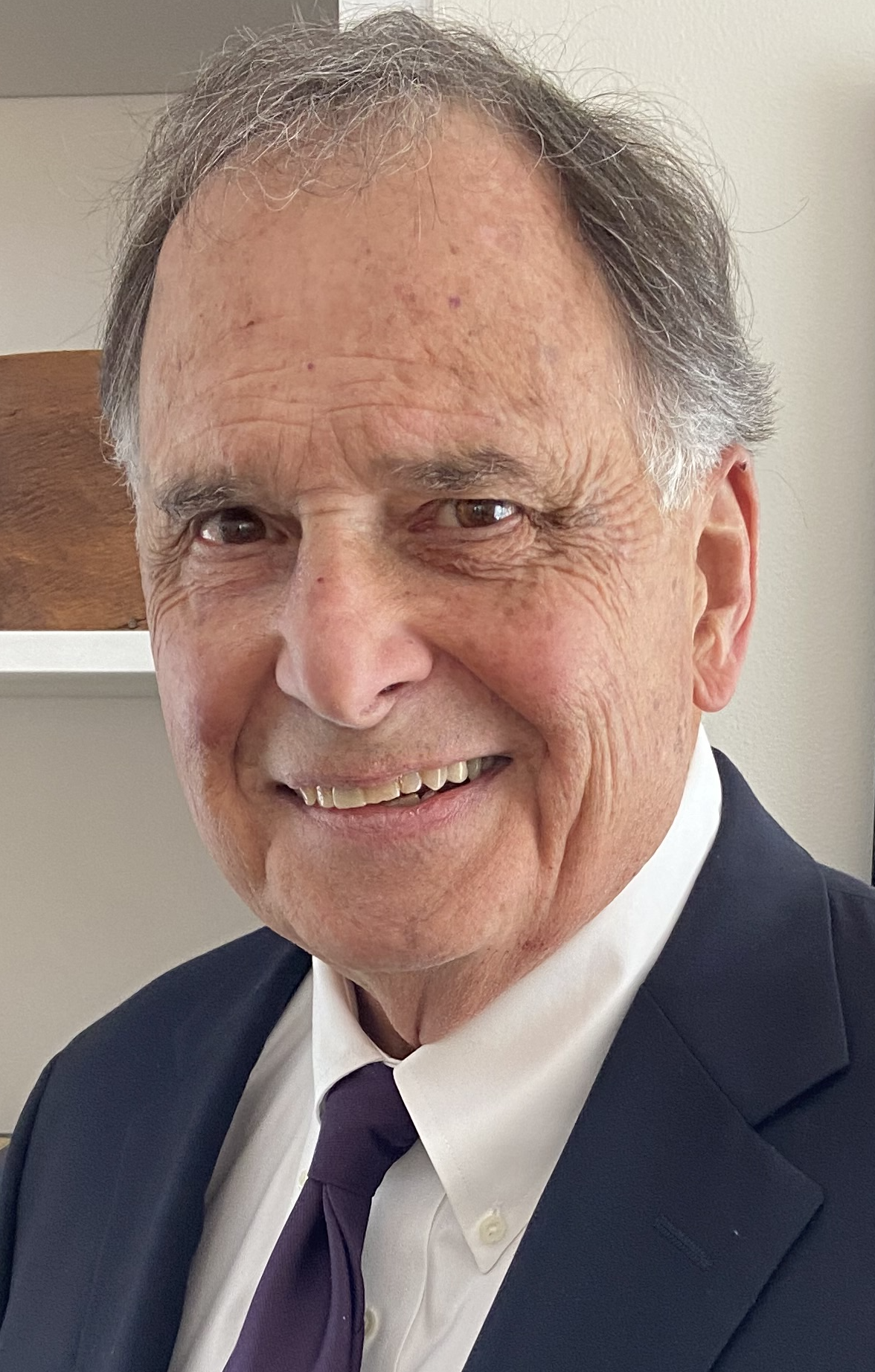
AIG Learning Center
A New Look at Brain Aging: Helping Community Members Understand, Manage, and Maintain Brain Health
- Registration Closed
For over 50 years, the common perspective on brain aging has been one of inevitable decline in thinking skills and memory. Recent research has illuminated the new, more hopeful perspective that proactive interventions can prevent or decelerate brain function decline, while appropriate reactive interventions can minimize existing losses. Lifestyle choices, such as adequate physical and mental exercise, sleep, social activity, stress management, and a sense of purpose are key factors in healthy brain function. Other important factors, like a managed surrounding environment, better scheduled interventions, and more educated caregivers can also help maintain quality of life.
This presentation will highlight the ways that members of religious communities can better understand and assess cognitive decline within their community, procedures to determine which interventions may be helpful for those experiencing cognitive decline and how to implement them, and ways to develop systems that contribute to the long-term health and well-being of the entire community.
*This webinar is cosponsored by The National Religious Retirement Office (NRRO).

Alfred Norwood, MBA, BS
Faculty, Avila Institute of Gerontology, Inc.
Alfred has been developing curriculum and teaching for the Avila Institute of Gerontology for the last 15 years. He has created and presented workshops and in-services on a number of topics associated with aging. He is a great believer in the integration of biological and behavioral research for dementia treatment. He has years of experience working as a consultant for long-term care systems and facilities and training staff in the use of non-pharmaceutical, individualized care plans for residents with moderate to severe dementia.
Please click the link below to view the webinar flyer and instructions for registration.